Jim East
I am not Jim West.
- 14 Posts
- 9 Comments
Though I hear Mullvad has its own Firefox fork now
Mullvad Browser? It’s basically Tor Browser without the Tor, meant to be used with a VPN instead. It has integration with Mullvad VPN by default, but that add-on can be removed, and the browser doesn’t need Mullvad VPN in order to function. Since the browser is based on Firefox, someone might want to fund Firefox development by using it with Mozilla VPN instead.

 2·1 month ago
2·1 month agoAh, of course. If you depend on the government and human-made infrastructure, New Zealand and Finland and the like are definitely more reliable than any countries at the equator. (Except Singapore? Interesting.) Governments don’t grow durian though.

 1·1 month ago
1·1 month ago



Severe weather events in New Zealand
I know that New Zealand has the ocean to buffer it against temperature extremes, but based on this image:

it seems that the island of New Guinea, which is also east of the Wallace Line, has experienced similarly mild warming in recent decades. Maprik (3.63°S, 143.05°E) at ~200m, for example:


seems to have a much more durian-friendly climate than even areas at sea level on the north island of New Zealand (e.g. Ahipara).
And that’s not even Borneo. What is the advantage of New Zealand? Am I missing something?

 3·1 month ago
3·1 month agoBest way to protect yourself is to find some land at a comfortable elevation near the equator and start planting fruit trees.

 5·1 month ago
5·1 month agoNot even fair to compare to 2024. This year is on track to be the warmest non-El Niño year on record.

 2·2 months ago
2·2 months agoConvert the pasture lands to syntropic food forests and native forests, and then the birds and other native animals will have a place to live again.
Syntropic agriculture practices achieve this and some semblance of a forest at the same time. Chop and drop. Smother the grass with mulch.
As others have suggested, shade out the bullshit with a diverse array of fruit trees and other useful vegetation in order to reclaim the land and grow an abundance of food at the same time. Even if you can’t devote much time and energy to it, planting some vigorous (ideally native) pioneer species and hardy fruit trees and then just tossing seeds in there on a regular basis will go a long way toward exterminating the grass. I also second the recommendation of clover as a groundcover.
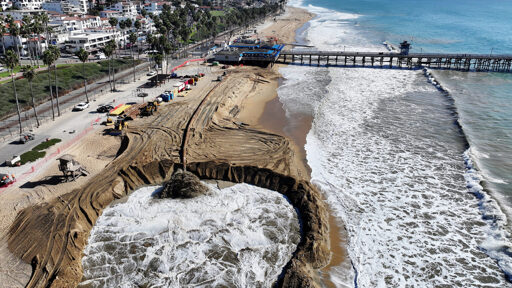


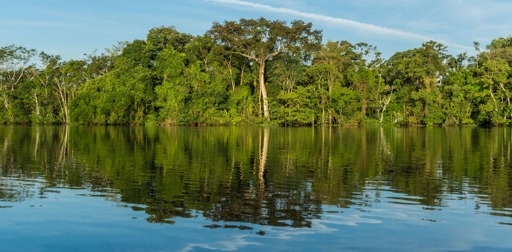



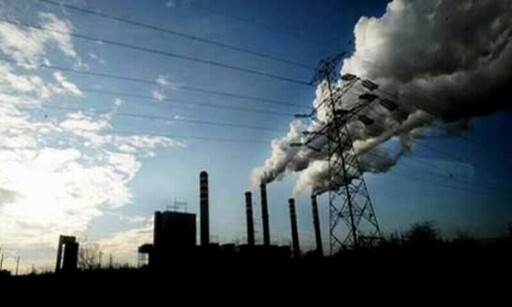
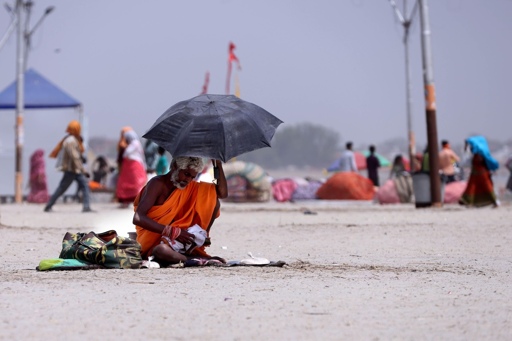
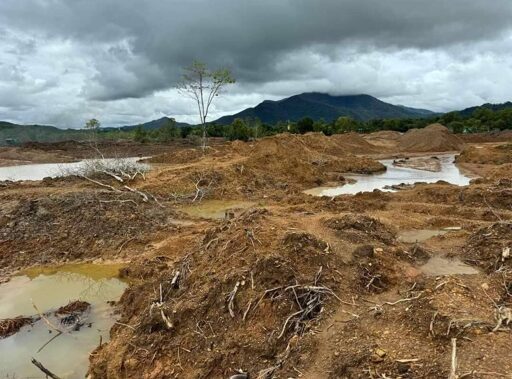
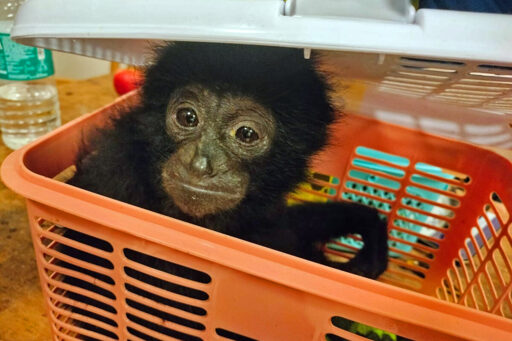
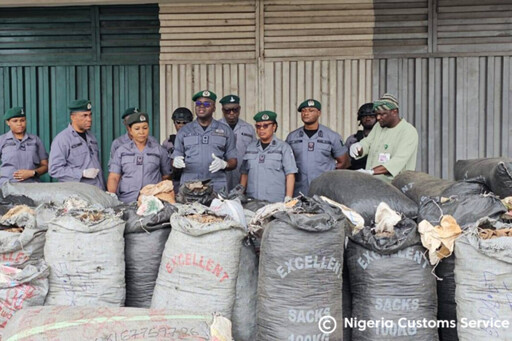
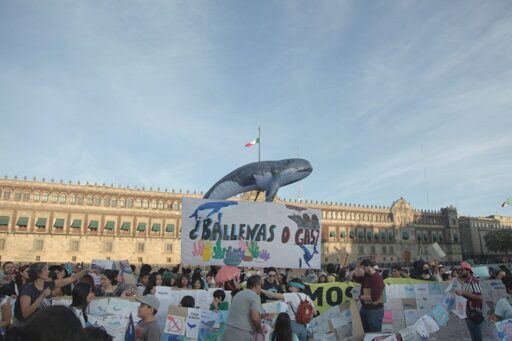


Deforestation is part of it. With continued climate change, such drought or flood events will only get more and more frequent outside of the equatorial region, with the most severe adverse weather events expected between 30°N and 60°N. The ocean will buffer the UK a bit from temperature extremes, but the inherent seasonality of the climate will still result in large variations in both temperature and precipitation. The temperature of the Atlantic Ocean is a major influence as well.